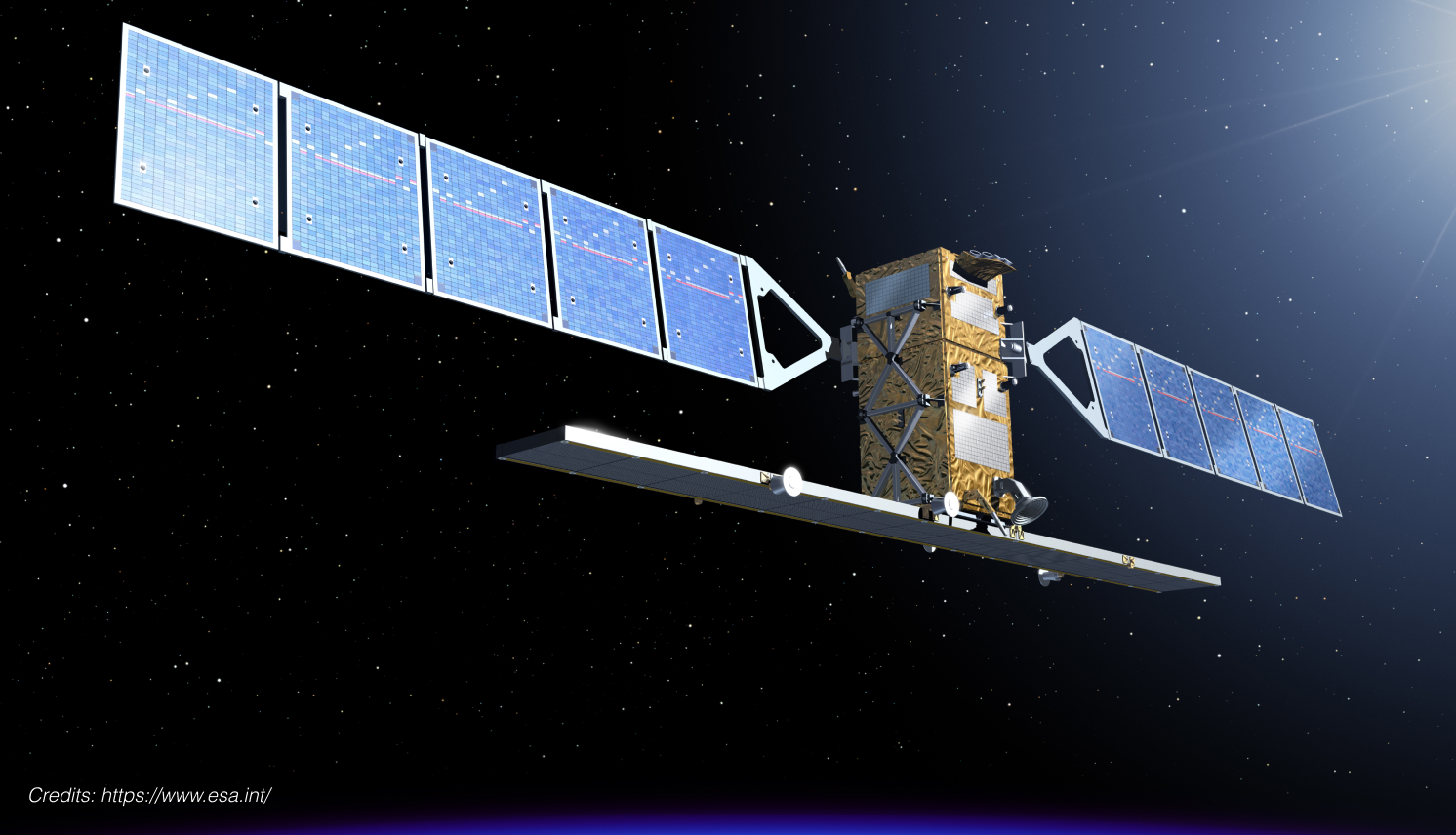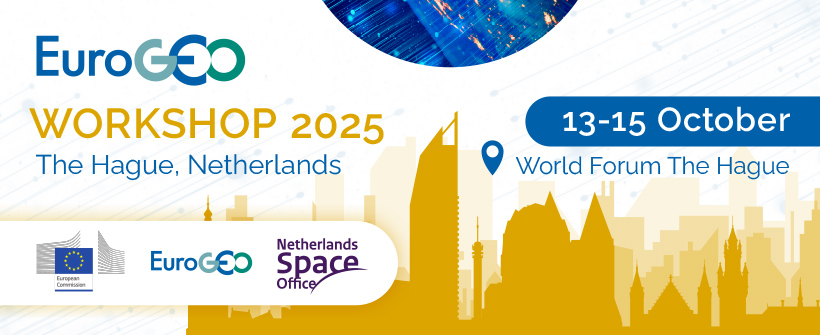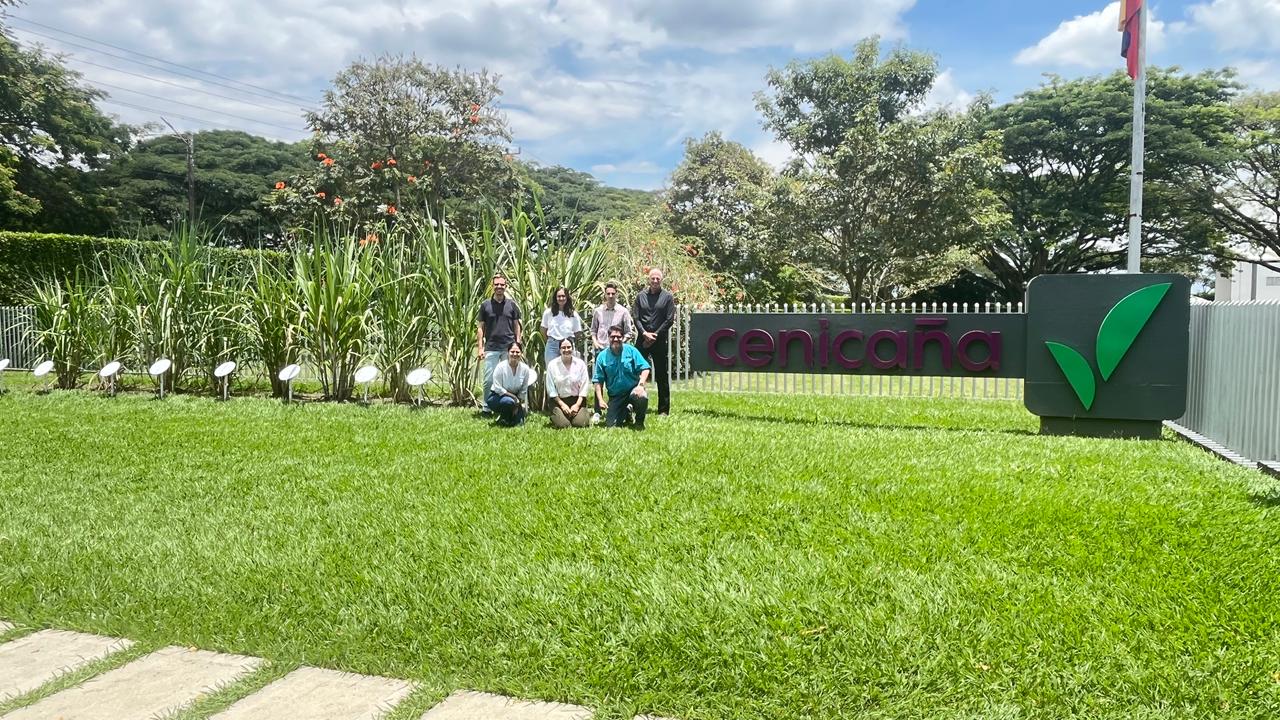
News
DINOSAR and its link with the GEO
GEO is a worldwide network working to build a Global Earth Observation System of Systems (GEOSS). EuroGEO brings together all the Earth observation resources available in Europe so that they can be used more effectively. As for Europe, America, Africa, and Asia/Oceania also have their own GEO network. In total, the GEO network has more than 100 countries and 100 participating organisations as members.

EuroGEO helps combining existing earth observation assets and initiatives to use earth observation data to improve the lives of citizens and help governments make good, evidence-based decisions. The EuroGEO is having strong links with the European Space Agency (ESA) as the Earth Observation is becoming a strategic way of answering global questions.
It is a real asset to have an active member of the GEO network (HCP International) among the DINOSAR consortium. Engaged in various international projects (TEMBO, Watersense etc…), this consultancy company is focused on working with geodata, capacity building, innovation, and business development at an international level. Within DINOSAR, it offers a great visibility for the project, as progress and results from DINOSAR will regularly be showcased at GEO events and conferences. The metadata of the datasets generated by DINOSAR are (will be) published in the GEOSS portal https://www.geoportal.org/.
Read more news about DINOSAR

Latest news from the fieldwork in Valle del Cauca
The data-collection campaign used as the reference for algorithm comparison began in July 2024 and was deployed across 24 farms belonging to the Providencia and Manuelita sugar mills. A total... View Article

DINOSAR presented at the EuroGEO Workshop 2025 🚀
On 13 October 2025, our partners Corné van der Sande, Andrea Idrovo, and Mark Noort from eLEAF and HCP International had the opportunity to present a poster about the DINOSAR... View Article

A day to meet the future end-users of the technology developed by DINOSAR, in Colombia
In January and May 2025, we wrote two news articles about end-users and the methodology developed by DINOSAR to address their specific needs: Productive Meeting Between DINOSAR and Cenicaña: Advancing... View Article
